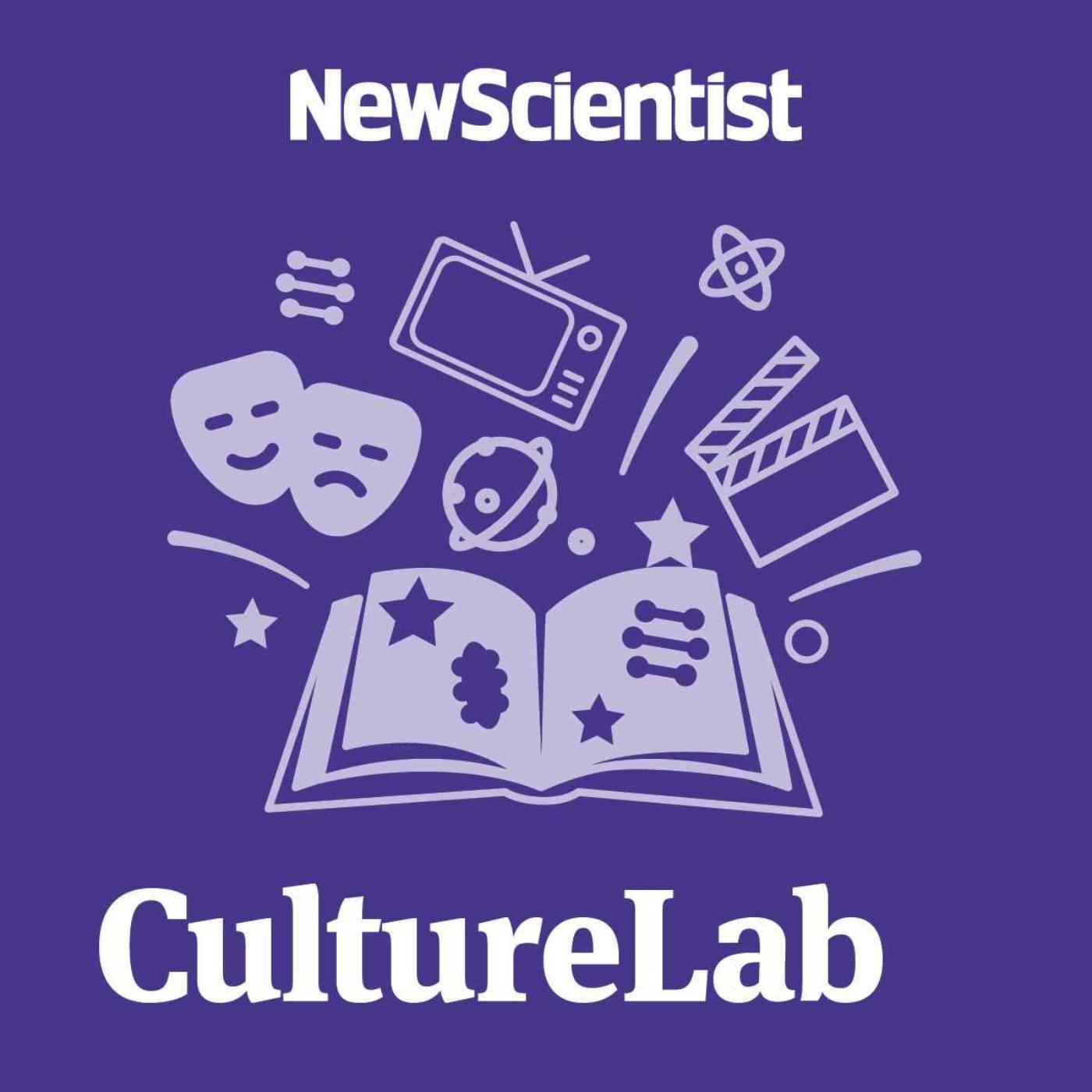

New Scientist CultureLab
New Scientist
CultureLab is an array of delights from the world of culture and the arts. Sometimes we interview the world’s most exciting authors about their fascinating books, other times we delve into the science behind a movie or TV show. New episodes every other Tuesday. Hosted on Acast. See acast.com/privacy for more information.
Episodes
Mentioned books

Apr 22, 2024 • 31min
Meredith Broussard on trusting artificial intelligence
Author Meredith Broussard discusses the dangers of trusting AI systems, highlighting issues such as discriminatory algorithms and misinformation in chatbots. She emphasizes the need for greater education on AI to discern reality from marketing hype.

Apr 8, 2024 • 42min
Jen Gunter on the taboo science of menstruation
Half of the human population undergoes the menstrual cycle for a significant proportion of their lifetimes, yet periods remain a taboo topic in public and private life. And that makes it harder both to prioritise necessary scientific research into conditions like endometriosis and for people to understand the basics of how their bodies work.Blood: The Science, Medicine, and Mythology of Menstruation is gynaecologist Jen Gunter’s latest book. In this practical guide, she dispels social, historical and medical myths about menstruation and offers answers to your biggest period-related questions – including why we menstruate in the first place, when a missed period is a health concern and “how heavy is too heavy?”In this episode, Christie Taylor speaks to Gunter about how humans are part of an exclusive club of menstruators in the animal kingdom, the persisting social stigma around menstruation and menopause, and why these processes remain under-researched in science despite their vast importance. Plus, a call from Gunter to take seriously the very individual and sometimes painful experiences people may have with their periods, while also creating more access to menstrual care. To read about subjects like this and much more, visit newscientist.com. Hosted on Acast. See acast.com/privacy for more information. Learn more about your ad choices. Visit megaphone.fm/adchoices

Mar 26, 2024 • 36min
Stranded on a fantastical planet: The strange creatures of Scavengers Reign
Fish you wear like a gas mask, moss that turns a robot sentient and critters that will eat your rash – all these oddities and more cohabit on the planet Vesta, the setting for the animated miniseries Scavengers Reign, where a group of human space travellers must innovate with what they find in the landscape to survive. While all this sounds fantastical, there are many parallels with Earth’s ecosystem and the way we regularly borrow technology from the natural world. New Scientist physics reporter Karmela Padavic-Callaghan often writes about biomimicry and bio-inspired devices and has been fascinated by the symbiotic, connected ecosystem the show portrays.In this episode, they speak to biophysicist Saad Bhamla and ecologist Meghan Brown about the the science that underpins the series and how surprisingly close to reality some of the ecological interactions are. Plus how even fantastical fiction can shape a scientific mind.To read about subjects like this and much more, visit newscientist.com. Hosted on Acast. See acast.com/privacy for more information. Learn more about your ad choices. Visit megaphone.fm/adchoices

Mar 12, 2024 • 38min
Rebecca Boyle on how the moon transformed Earth and made us who we are
There’s no moon like our moon. A celestial body twinned with Earth, the moon guides the tides, stabilises our climate, leads the rhythms of animal behaviour and has long been a source of wonder and awe. Our Moon: How Earth's Celestial Companion Transformed the Planet, Guided Evolution, and Made Us Who We Are, is a new book from science journalist Rebecca Boyle. In it she takes an intimate look at our satellite and how it’s influenced everything from our species’ understanding of long cycles of time to the development of science itself.In this episode, Christie Taylor speaks to Boyle about many wonderful and lesser known facts about the moon, like the magic of solar eclipses and how it’s only by chance that we get to experience them. Plus, how the moon may have been responsible for war-time tragedy – and even our own evolution.To read about subjects like this and much more, visit newscientist.com. Hosted on Acast. See acast.com/privacy for more information. Learn more about your ad choices. Visit megaphone.fm/adchoices


